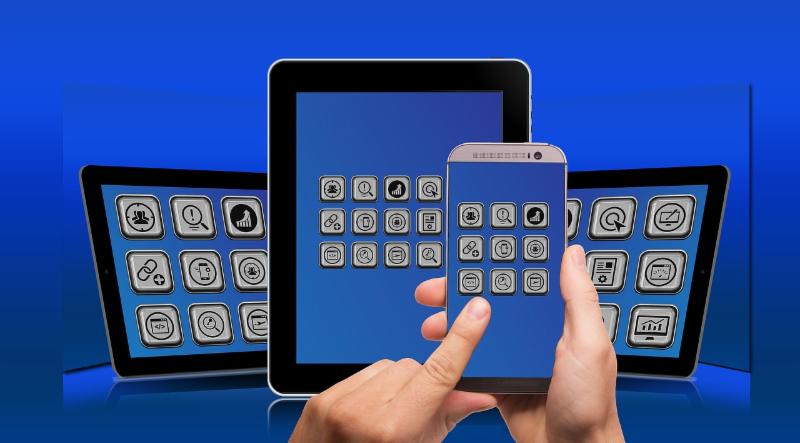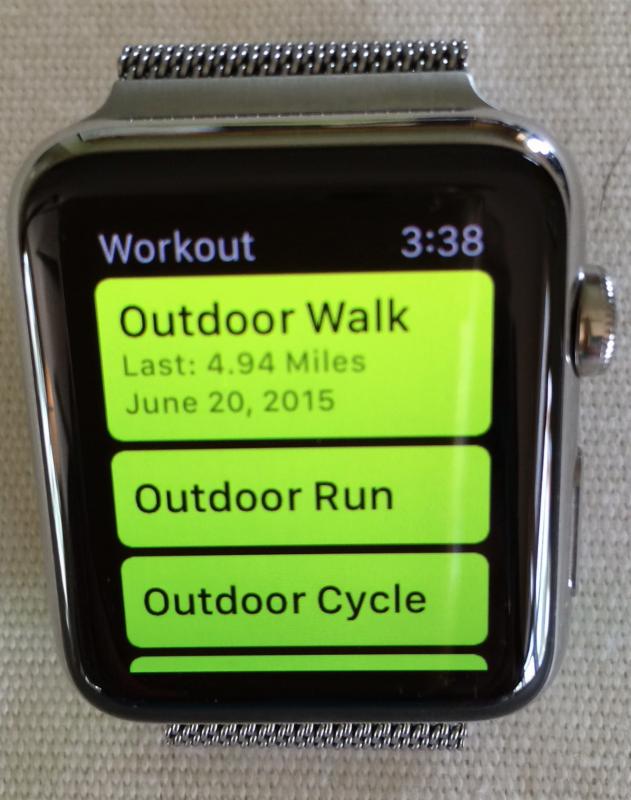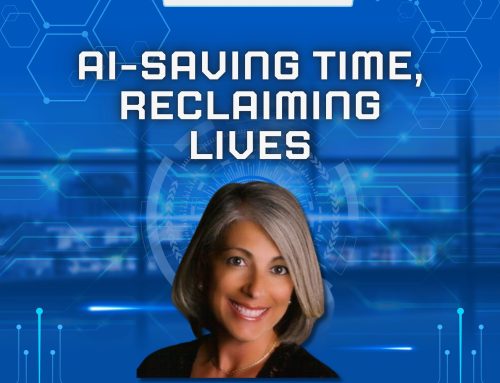Today we feature a guest blog on The Medical Strategist by JBTechBlogger

The strong connection between technology and healthcare has a long history, and the former will continue to revolutionize the latter by providing more efficient, smart, and cost-effective ways of managing, tracking, and assisting patients. Among the many technologies, mobile devices have become the driving force for consumers becoming health conscious, as they are able to look after their wellness in real-time without having to consult a doctor to check their vital signs or give them a full examination whenever they are feeling unwell. In fact, 66% of Americans were found to use mobile health apps in 2015, and that figure is expected to grow annually as more devices offer built-in health managing features.
However, there are certain mHealth trends that will become focal point of the industry soon. Read on, to find out about the upcoming trends that will revolutionize the mobile health sector.
Health features across all devices
When it comes to mHealth, only the premium and more expensive handsets are equipped with health tracking features that assist patients in tracking their fitness in real-time, including their heart rate and stress levels. But, the demand for mobile health will force many mobile manufacturers to include health-tracking sensors across all their devices, from their budget-friendly smartphones to the high-end ones. In fact, Samsung already announced that they will start including premium features on its low- and mid-range handsets. Their recently released mid-range handset, the Galaxy J5, doesn’t have mHealth sensors, as reports O2. But, it is able to run S Health and it can be paired with compatible wearables on the market. This trend will soon force other mobile companies to include premium health features on their budget-friendly smartphones.
Digital doctors and virtual assistance
The expensive cost and inconvenience of having to visit a hospital or a clinic are some of the many reasons why many patients decide to avoid going to hospitals for checkups. Thus, consumers are supporting the idea of virtual medical care through mobile that they can use for assistance wherever they go. The healthcare industry is now looking at the possibility of virtual doctors to provide assistance in emergency cases, particularly in caring for bedridden patients. Research has suggested that 85% of patients in ER have cellphones, with almost 100% of them using them to make calls. Through digital health assistance, patients are offered real-time care anytime of the day regardless of where they are inn the world. It has also been found as an effective way to reach out to those lower income and minority groups that often fail to get medical help.
Wearables for specialized health needs

With the help of wearables, mHealth has become mainstream and accepted by almost all types of users (from young to elderly users). Today’s wearable market is dominated by smartwatches that manage basic health data, but that won’t last for long. Experts foresee that wearable devices will soon assist patients with particular health needs. To start off with, Google has announced that they plan to release the world’s first smart contact lens that can help people with Diabetes by non-invasively measuring their blood sugar levels. The data from the contact lens will be sent to the paired app on the patient’s smartphone. Another specialized wearable device is the crowdfunded project that helps patients with epilepsy, making it the first wearable that measures epileptic seizures. Other wearables that can help specialized medical needs of patients are expected to arrive on the market soon.
As mobile devices continue to become smarter, expect that they will further revolutionize the healthcare industry to provide an efficient and cost-effective way for everyone to manage their wellness.
Exclusive for The Medical Strategist
JBTechBlogger has been focusing on the rise of wearables, mHealth and virtual reality. She is planning her own tech website for doctors, hospitals and patients. If interested, she has a crowdfunded project to assist her.



